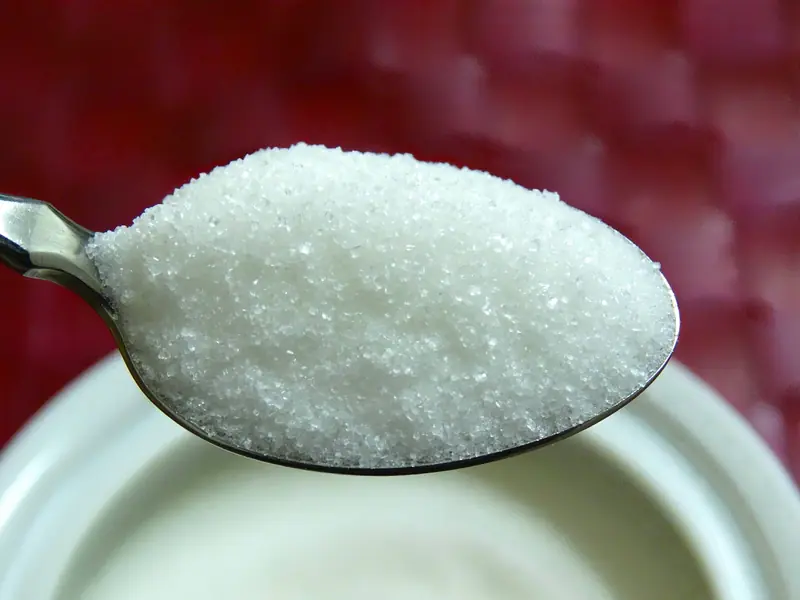
Over the past 60 years, global sugar consumption has quadrupled. Today, sugar accounts for about 8 percent of all calories consumed by the average person on Earth.
Some may think that sugar is an essential component of our daily diet, without which our bodies might miss out on something important. However, added sugar is nothing more than empty calories: it lacks any nutrients like vitamins or fiber. The dangerous obsession with sweet foods has led to enormous healthcare costs, as sugar is linked to the rising rates of obesity worldwide. According to some estimates, by 2035, half of the global population will be affected by obesity!
Yet, the negative impact of sugar extends far beyond health and finances. There are also significant environmental issues associated with sugar cultivation, including habitat loss and biodiversity decline, as reported by Science Alert.
Unfortunately, sugar has not received much attention from the scientific community, despite being the largest crop by mass cultivated on the planet.

What Are the Benefits of Reducing Sugar Consumption?
A team of scientists led by Paul Behrens, a representative of the British Academy of Sciences and a professor at the University of Oxford, along with Alon Shepon, a leading ecological researcher at Tel Aviv University, assessed the environmental impact of sugar. They also explored the potential for reducing sugar levels in our diets to the levels recommended by the WHO.
According to the team, cutting out sugar could help preserve and restore land. This is especially crucial in tropical regions rich in biodiversity, where sugar production is concentrated, such as Brazil and India.
Another promising alternative is redirecting sugar from our diets to environmentally beneficial purposes, such as producing bioplastics or biofuels.

By using redirected sugar for bioplastic production, we could replace about 20 percent of the entire polyethylene market. This is one of the most common types of plastic that has overwhelmed the planet. Additionally, sugar from our diets could be directed toward the biofuel industry, potentially producing around 198 million barrels of ethanol annually for transportation needs.
Interestingly, Brazil currently produces about 85 percent of the world’s ethanol from cultivated sugar. However, instead of growing sugar for these purposes, it could be redirected from human consumption.
The research also highlighted another promising avenue: using sugar to feed bacteria that produce protein. This microbial protein could lead to widespread production of plant-based food products. This protein-rich food could help regularly feed over 500 million people. Moreover, replacing animal protein with a more environmentally friendly option would contribute to reducing greenhouse gas emissions on the planet.
Change Is Challenging, But It’s Necessary
This sounds like a significant victory for our future: reducing sugar consumption to lower obesity rates globally and help the environment. However, researchers note that these changes pose a massive challenge for the global sugar supply chain, which spans over 100 countries and millions of people who rely on income from this product.
As Paul Behrens and Alon Shepon pointed out, we cannot expect people to change their attitudes toward sugar consumption overnight. But they need to be informed about the environmental benefits that we are all missing out on.
